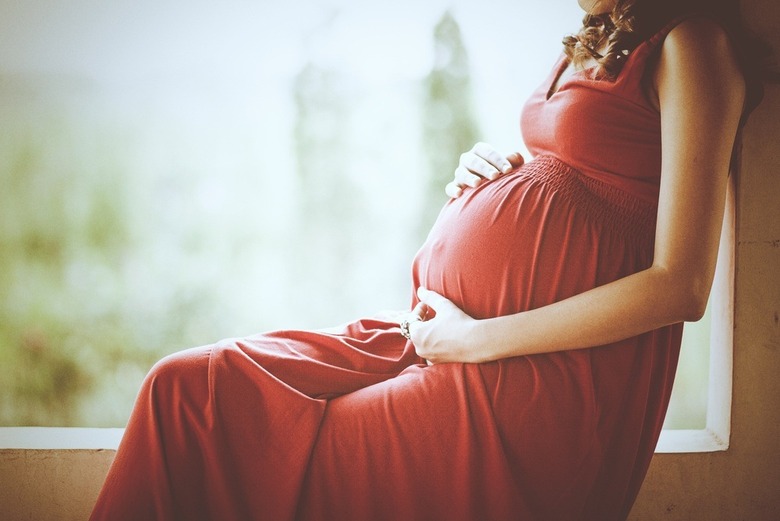CDC Urges Women Not To Drink Alcohol Unless Using Birth Control
In an effort to reduce the rate of fetal alcohol spectrum disorders (FASDs) — the broad range of physical, behavioral, and intellectual disabilities that can impact a child as the result of alcohol consumption by expectant mothers — the CDC has issued a statement urging women of childbearing age to avoid drinking alcohol unless using some form of contraception.
According to a new report from the CDC, an estimated 3.3 million women in the United States between the ages of 15 and 44 are at risk of exposing a developing baby to alcohol "because they are drinking, sexually active, and not using birth control to prevent pregnancy."
The report also found that three out of four women looking to get pregnant do not stop drinking when they stop using birth control — which is particularly alarming given that half of pregnancies in the U.S. are unplanned, and a woman can be pregnant for up to six weeks without knowing it.
The CDC's advice falls in line with an earlier report from the American Academy of Pediatrics, which states that no amount of alcohol is safe during the entire length of a woman's pregnancy (or immediately after giving birth, if she chooses to breastfeed).
Babies born with FASDs can have a range of health issues, including learning disabilities, speech and language delays, poor reasoning and judgement skills, and heart and kidney problems. In the most extreme cases, alcohol consumption during pregnancy can lead to fetal death.
"Every woman who is pregnant or trying to get pregnant — and her partner — want a healthy baby," Coleen Boyle, director of the CDC's National Center on Birth Defects and Developmental Disabilities, said in a statement. "But they may not be aware that drinking any alcohol at any stage of pregnancy can cause a range of disabilities for their child. It is critical for healthcare providers to assess a woman's drinking habits during routine medical visits; advise her not to drink at all if she is pregnant, trying to get pregnant or sexually active and not using birth control; and recommend services if she needs help to stop drinking."
